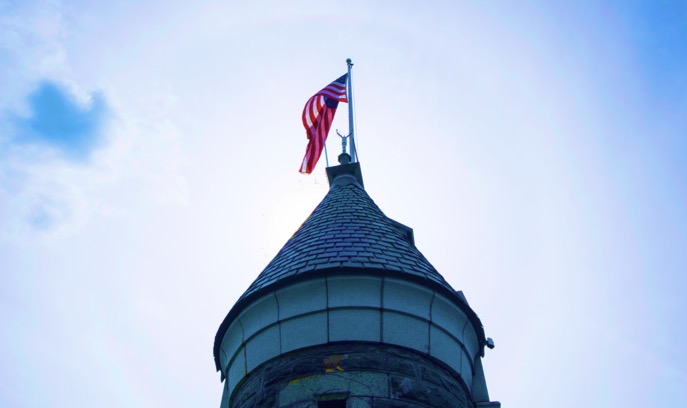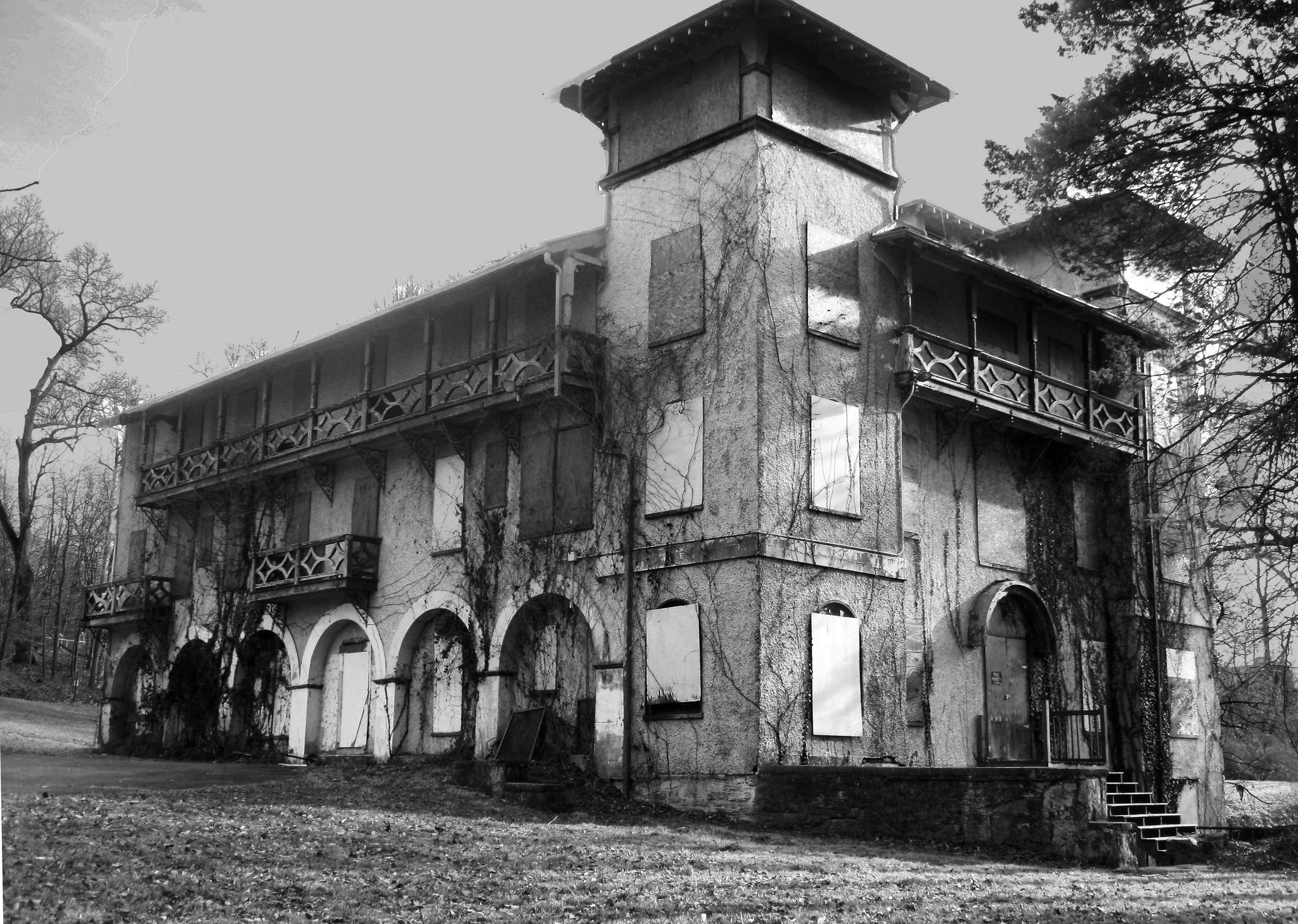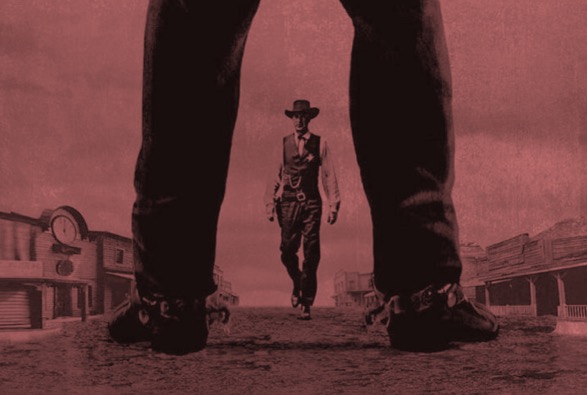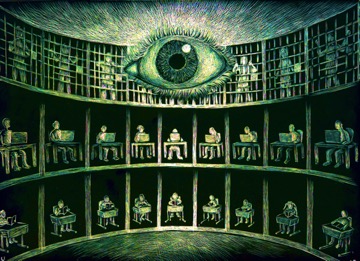Elites dissemble, but people are hungry for a new, fully free university.
From Free Inquiry to Woke Seminary
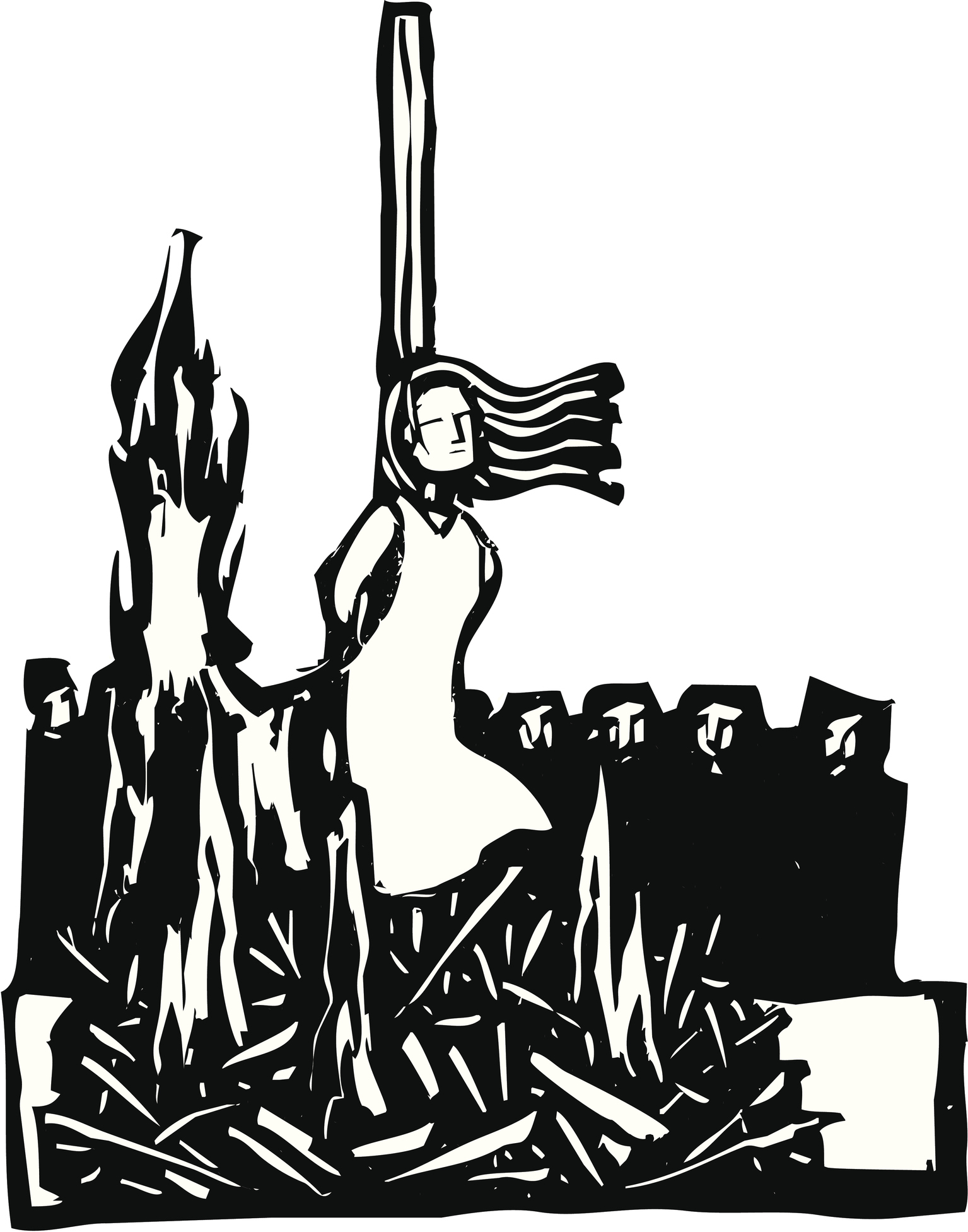
The longing to universalize the college lifestyle has turned academia into a church of hypocrisy.
In the mid-1830s Theodore Dwight Weld led an insurgent band of Lane Seminary students from Cincinnati to Oberlin to launch a new college that would be more “woke” to the urgency of abolition. Fired by religious zeal, they were committed to their education as a foundation for social reform. They believed that higher education should lead the driving out of the devils of injustice from the society. They were earnest in their beliefs and endeavors, even if they underappreciated the bearings and endeavors of their former leaders at Lane. And at Oberlin College, they spawned an institutional tradition of high social consciousness informed by a sense of right.
Oberlin has long prided itself on that tradition. But Oberlin has long since veered from a sense of right to a sense of righteous entitlement. The result has been the creation of a new Salem in which the pursuit of devils and witches has descended into the hell of intemperance of conduct, intimidation of innocent bystanders, and the unjustified indulgence of its own members.
The case of Gibson v. Oberlin suggests, however, that Oberlin is not invulnerable to determined resistance to injustice. As a consequence, the predatory excesses of Oberlin’s leadership and student body in the aftermath of the 2016 assault on the Gibson bakery near campus have been slapped down by a jury that punished the institution for shameless conduct that dishonored the school’s tradition. The conduct consisted of turning a botched attempt by Oberlin students to make an illegal alcohol purchase and subsequent shoplifting into a cause célèbre of supposed racism by the bakery owner. Oberlin’s modern-day witch trials were understood by the jury to establish the school as the offender, rather than defender, of right.
Would that curing the larger problem were so simple. Today, as is well known, the pattern exemplified in the Oberlin case extends far beyond the precincts of this small Ohio college. American institutions of higher education display the same kinds of abuses, although they are characteristically more nuanced and disguised. Oberlin’s “free expression” excuse for its inciting and libeling proclamations about the Gibson family is not far removed from the pretense of protecting free expression by means of the speech codes that recur throughout American colleges and universities. By building walls of privilege, behind which irresponsible students and faculty can sacrifice the just claims of innocent persons, academia (and its administrative apparatus) has perversely deemed “safe” censorious spaces where the method of free inquiry fundamental to higher education is prohibited. Ostensibly “diverse, inclusive and equitable” communities have become circumscribed environments into which only favored views and conduct may be introduced. With spurious claims of “scientific consensus,” they forswear the necessary openness to challenge that alone preserves the purity of scientific inquiry. In the interest of indoctrination, Karl Popper’s once-regnant concept of scientific investigation has been forgotten—or more likely, discarded.
Why? From the late nineteenth century onward, American higher education assumed the role of moral arbiter previously performed by the church. Edward Shils identified this shift in The Calling of Education: “The Academic Ethic” and Other Essays on Higher Education in the mid-Twentieth Century. It was a pernicious tendency, of course: a cultural institution affecting to speak with the authority of the church albeit lacking a fundamental commitment to moral doctrine, is at risk of undermining the only foundation on which it could clam to exercise such authority.
And that is exactly what has happened. Allan Bloom accounted for the change with the simple, though not exhaustive, explanation that those who rebelled against the university took control of the it a decade later. The subjugation of the university to the ideological mission of a radical and fundamentally nihilistic perspective has only accelerated since the 1960s and ‘70s. As a consequence, universities today are led and staffed administratively by a cohort that eschews intellectual and academic conceptions of higher education in favor of explicitly enlisting the academy in the service of cultural regeneration. This privileged leadership cohort executes this mission (consistent with the consequences that Shils foresaw) without acknowledging or respecting any general moral limits upon the authority it exercises. Students who insisted that universities must set no terms of discussion for the conduct of university life readily became administrators who now insist the university must impose such terms.
I have elsewhere described the effects of this transition. Moreover, in 2010 I set forth its necessary implications when coupled with the emergence of the university as “the new high school.” In “Now That the University Has Become the High School, Where Do We Get an Education?” (in The Idea of the American University), I wrote:
In that context [our] discussion of higher education deals with a transformation in culture at a deep level … transformation through democratization. All are democrats. Perhaps that comes from a political philosopher with ill grace; for it was at least for a long time held that political philosophy was the queen of the disciplines. One might think, therefore, that a political philosopher would be … inclined to defend superior claims. However, may not a political philosopher also be aware of the necessity to discover the truth? And may not the truth be that the claims were false?
The question as I posed it previously: “does education point to the handful of souls that can aspire to the peak of intellectual performance; or does it produce a base upon which society at large can stand and which therefore must be open to all comers; and wherein it is appropriate to encourage all to enter?” If the latter, the university will continue inexorably to become a religious institution, not an academic one—though no religion observed there will be familiar to our forbearers.
The institutional foundations of higher education today are inconsistent with any true educational purposes. Indeed, under present circumstances education properly so-called must occur in spite of the conditions prevalent in higher education. Change may be possible. Organizations exist (The James Martin Center and the American Council of Trustees and Administrators, to name only two) that can ably assist in restructuring institutions in such a way as to restore an intellectual mission that will serve the purposes of learning. It is evident, however, that this cannot be accomplished while yet expecting the university to serve as society’s church.
The American Mind presents a range of perspectives. Views are writers’ own and do not necessarily represent those of The Claremont Institute.
The American Mind is a publication of the Claremont Institute, a non-profit 501(c)(3) organization, dedicated to restoring the principles of the American Founding to their rightful, preeminent authority in our national life. Interested in supporting our work? Gifts to the Claremont Institute are tax-deductible.
The cradle of multiculturalism has been sprung.
Today’s power struggle is the stuff revolutions are made of.
Our universities have replaced justice with despotism.
The era of wisdom on campus is over.
Our academic institutions are rotten to the core. It’s time to replace them.

